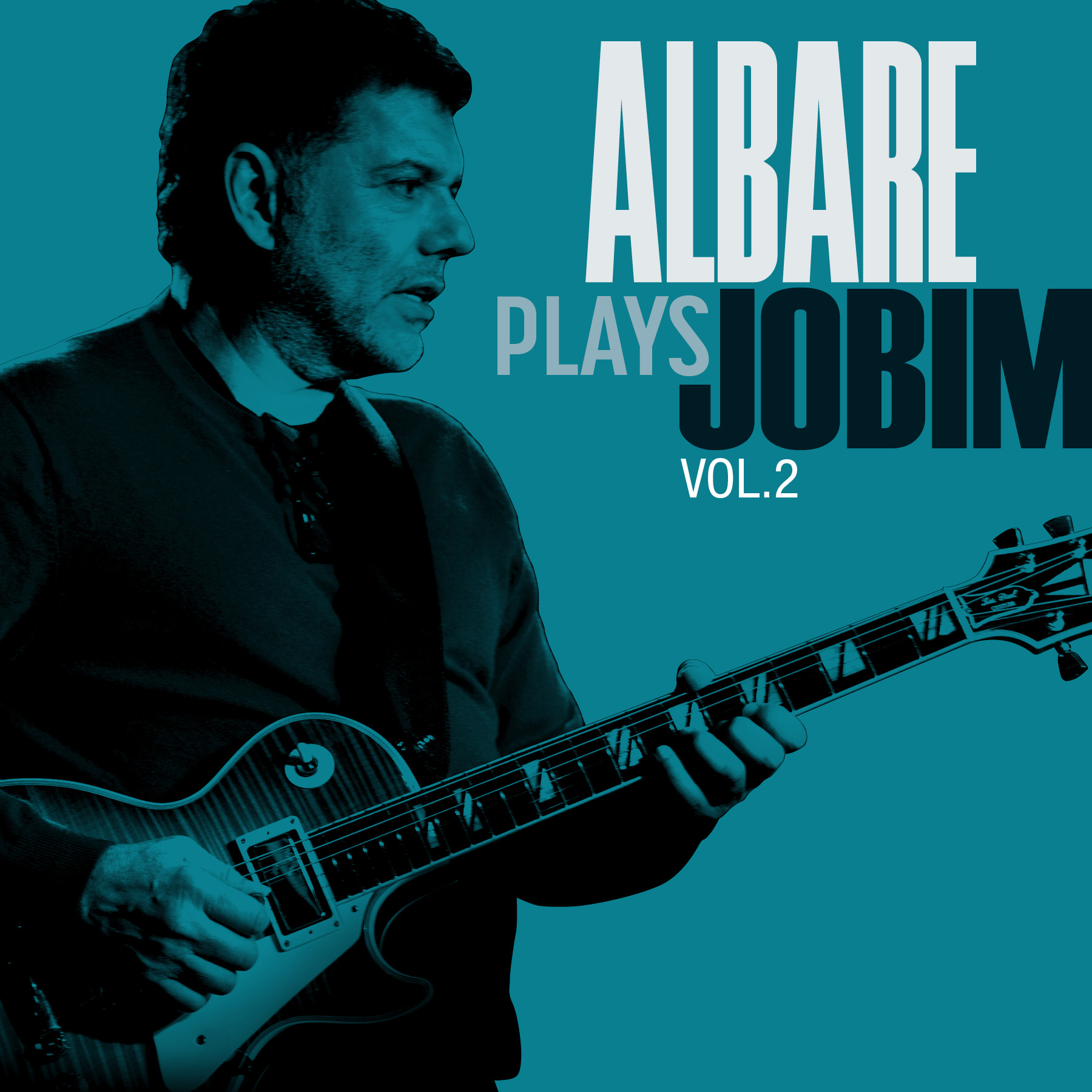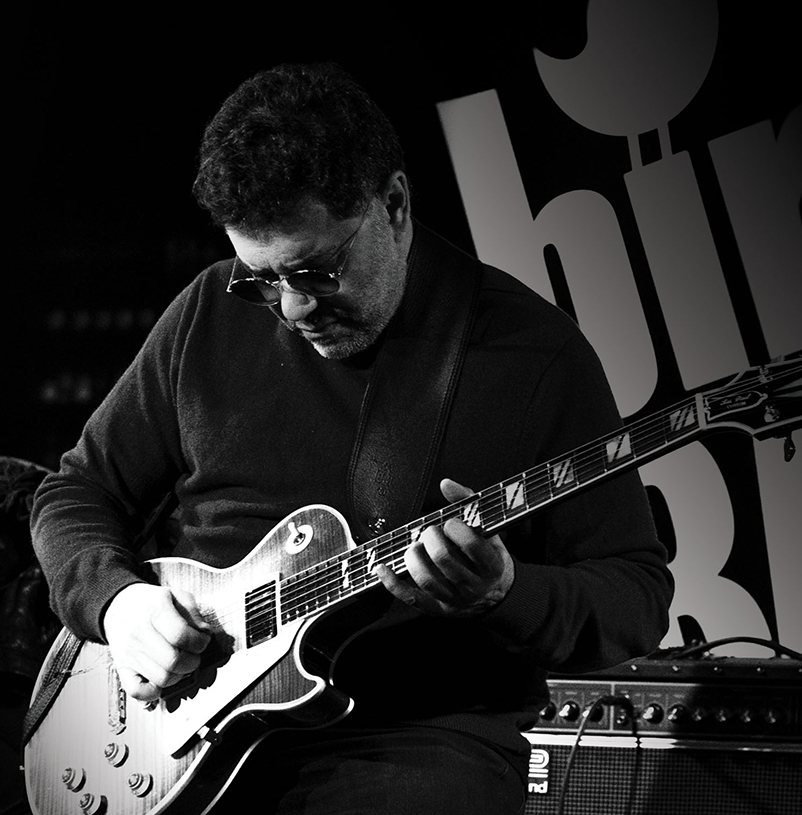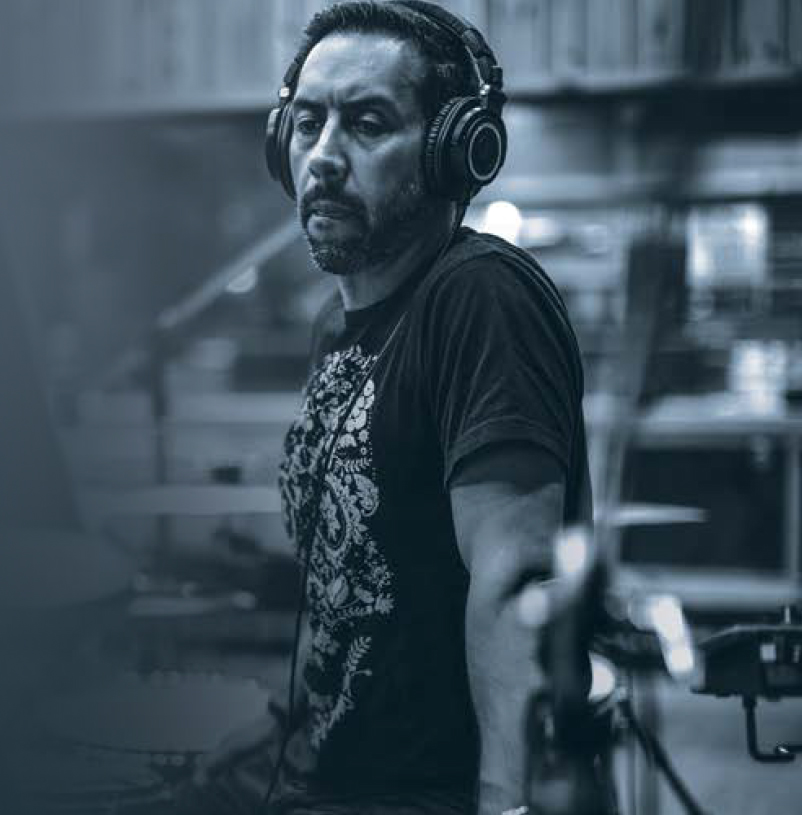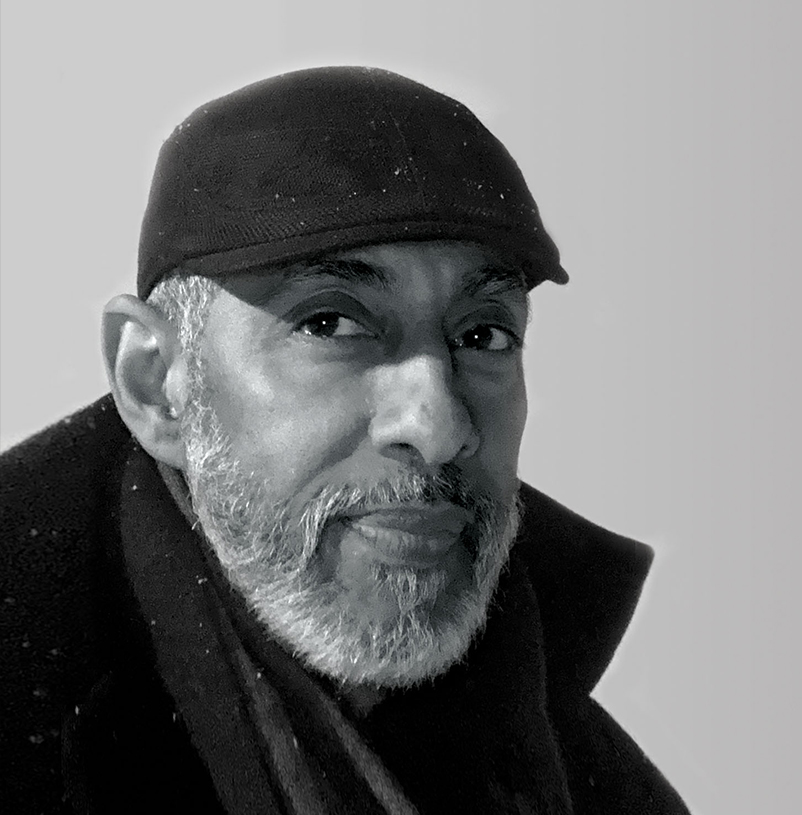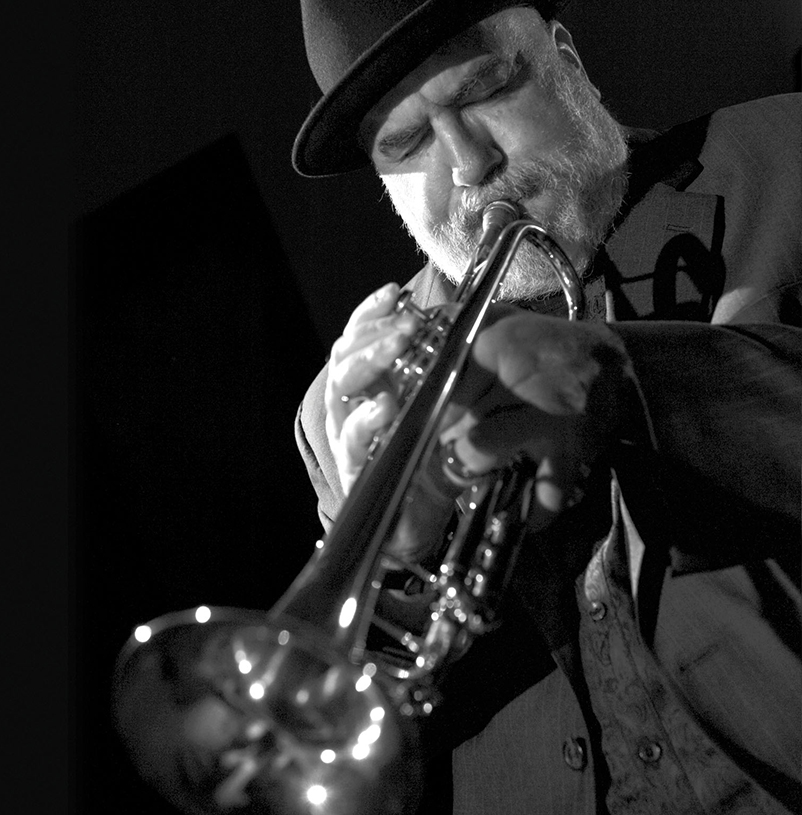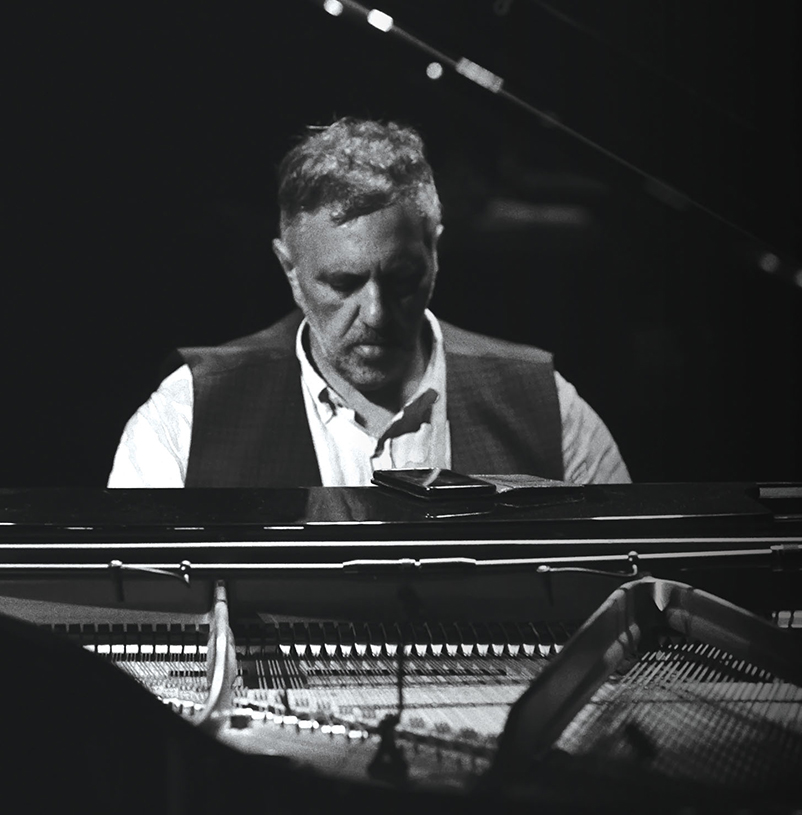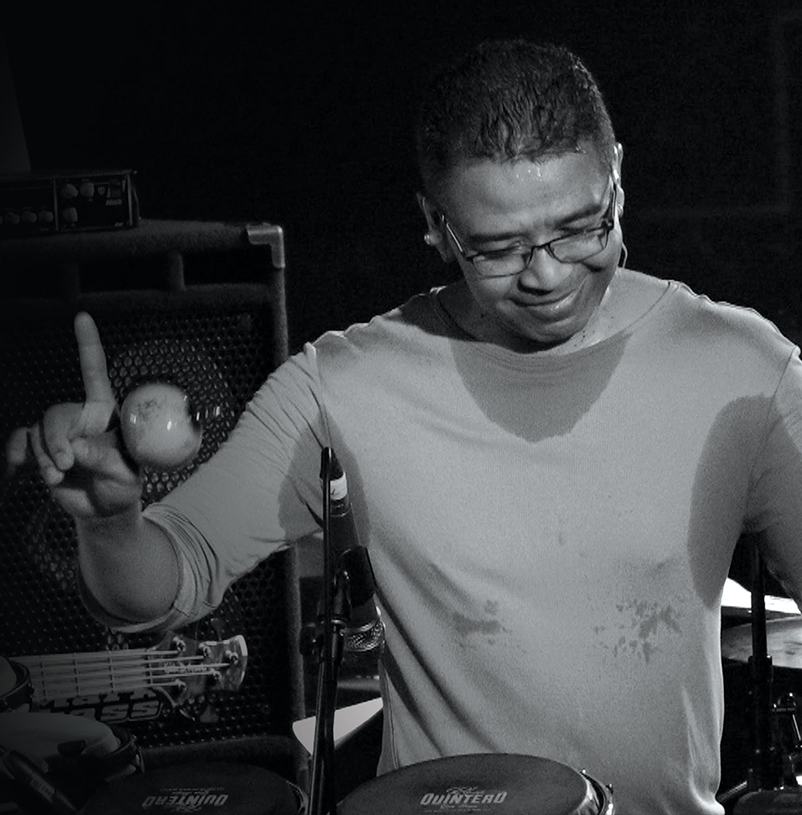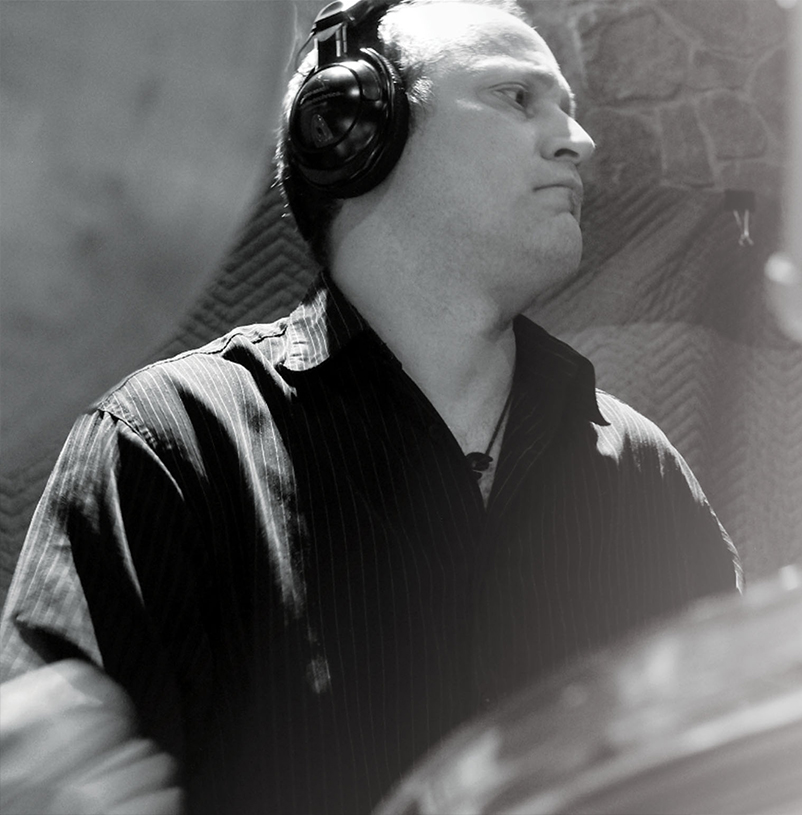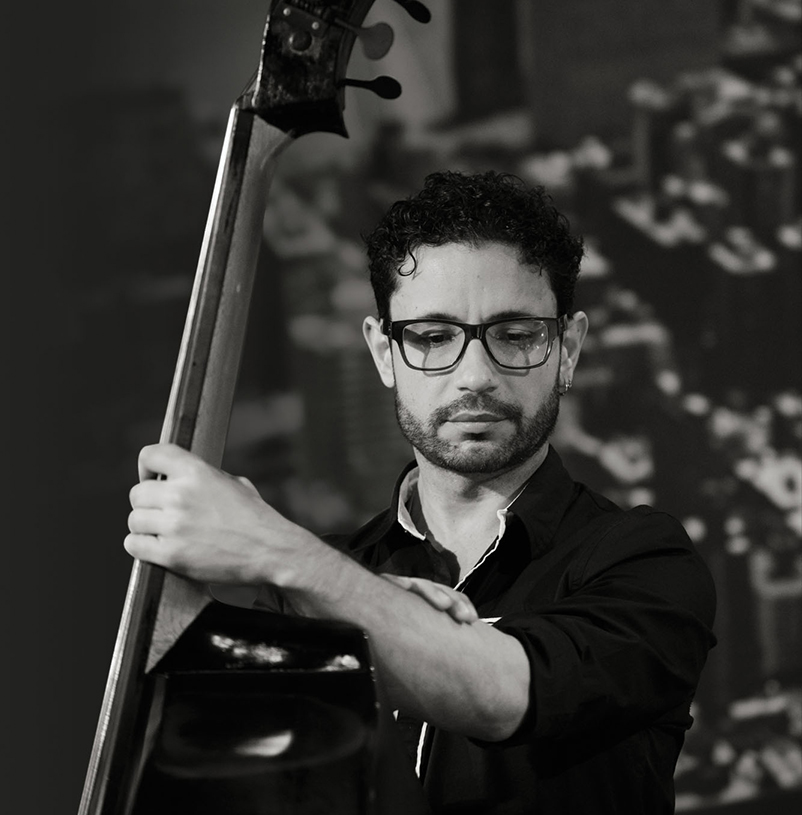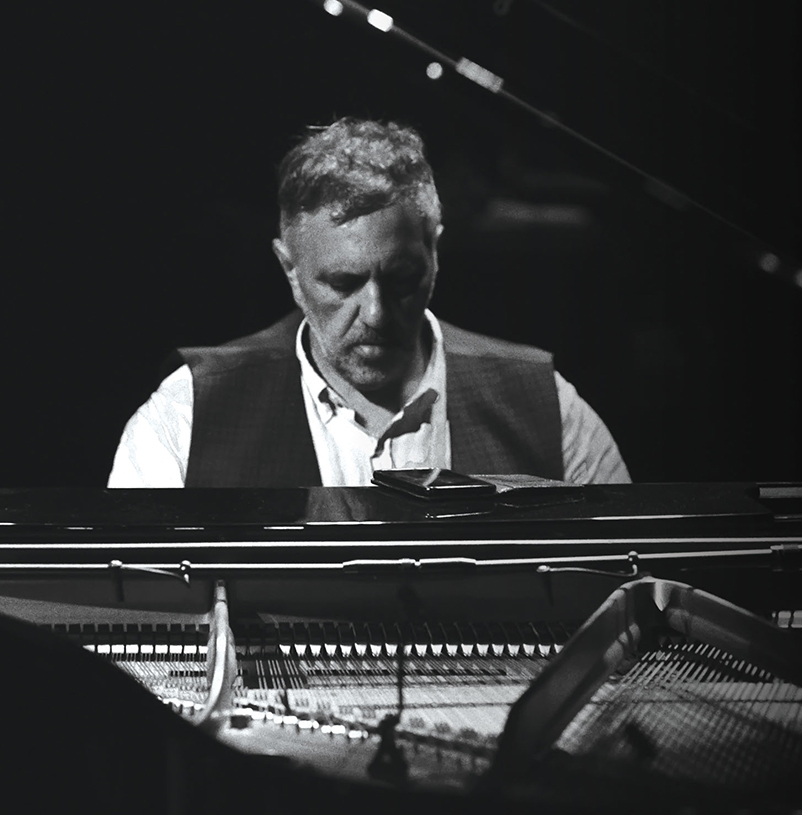Liner Notes
When journalists and fans started asking me why I decided to play Jobim’s music, I found myself hesitating in my answers. I thought it was self-evident: everyone likes bossa nova. But a curious journalist for a Brazilian magazine was not satisfied with that answer. She wondered: Why would a musician wait until his early 60s to play such a youthfully romantic music? Ok, she got me. He forced me to think more deeply about my decision. So let me share with you my journey to Jobim.
As was reported in my last album, I was 14 when I first heard the music of Tom Jobim. I was watching a movie by French Director Marcel Camus in a cine-club of Villeurbanne Orphan Nero. I already had six years of guitar learning under my belt. When I first heard those bossa chords, my ears were opened in a whole new way. A musical seed was planted in my brain that would never leave me.
I fell naturally into the groove of the samba and found it exhilarating. I was not sure what I was listening to, but I knew I would eventually learn that genre of music.
Even though the music of Jobim started in the 50s, it became highly popular in the 70s as a trendy pop style. From Michel Fuguin in France to Mati Caspi in Israel, bossa nova was being heard everywhere. In Brazil, where Jobim is from, his music took over the country. After his passing, the Rio de Janeiro airport was renamed the Antonio Carlos Jobim Airport. This tells you something about the soul of a country that recognizes its musicians and poets. Imagine if Kennedy Airport was renamed Gershwin International. We might be living in a different world.
But I digress. When I started recording my own music in the early 90s, it was not bossa nova. As much as my love for the music kept growing, I assumed that everything in that genre was already said and done. What was the point of playing a style of music on the guitar when Charlie Byrd and Wes Montgomery already played every chord and every melody in the most eloquent and creative way possible? What could I possibly add?
But my past kept pulling on me. As I got older, I felt a tinge of nostalgia and romance for my earlier years. Jobim’s music was clearly in that past. So, I decided that if I was going to honor the music of my youth that I so loved, I had to find my own voice.
This brings us to the present. Everything you are hearing in my Jobim albums is my attempt to honor in my own way a music that moved my soul nearly 50 years ago. Maybe I needed all those years to figure out how to best do this.
I could never have done this alone. If you find the head of my rendition with my friend and collaborator Nestor Torres of How Insensitive resembling that of Wes Montgomery, it is because I am paying tribute to Wes. A special thanks to one of the greatest trumpeter of our time, Randy Brecker. Randy plays on So Danço Samba and Favela. I can’t wait to do more recordings with you, dear Randy. Special thanks also to Antonio Sanchez for his work on the ALBARE Plays Jobim album and his appearance on 2 tracks on this Volume 2. Joe Chindamo is the most brilliant orchestral arranger I know. He interrupted his classical work and PhD studies to work with me on this project. Joe is also an exceptional pianist. Our collaboration and friendship span over 30 years. Thank you Joe for your incredible dedication to excellence. Other collaborators on this album whom I give my thanks to are: Phil Turcio co-producer – mixing and mastering, Pablo Bencid drums, Luis Quintero percussions, Ricardo Rodriguez bass, Nestor Torres (guest on How Insensitive and Summer Samba).
The biggest thanks of all, of course, is to the master Antonio Carlos Tom Jobim, who took over my musical soul when I was 14 and never left me.
